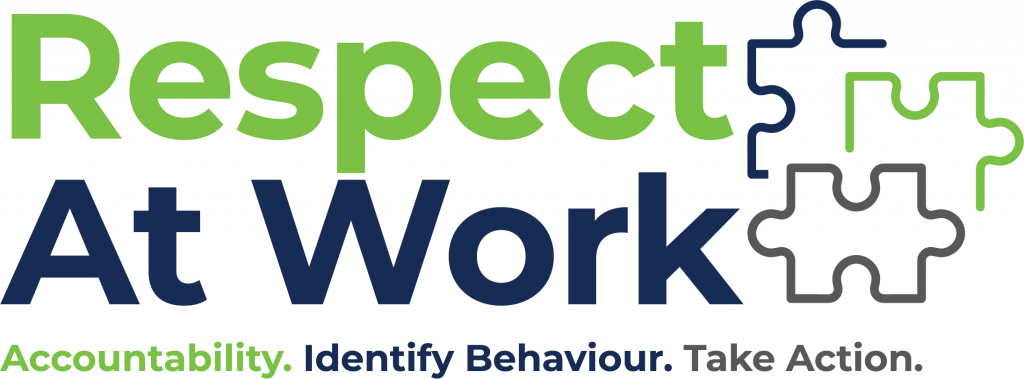Psychological Safety and the Secure Bystander Overview
Target Audience
Supervisors, Coaches, Managers, Senior Leadership Team, Executive Leadership Team
Context
Various independent reports including, the Respect@Work Report, Set the Standard Report, Rio Tinto independent Everyday Respect Report, WA Parliamentary Inquiry into FIFO and Sexual Harassment Report and positive duties to eliminate sexual harassment in model Work, Health and Safety legislation, Industry Codes and National Guidelines have identified the need for psychologically safe workplaces. Psychologically safe teams make good business sense in which to maintain a competitive advantage through increased worker productivity and attracting and retaining staff. Psychological Safety and the Secure Bystander training equips leaders who have health and safety obligations to eliminate psychosocial hazards, with foundational skills to help create a psychologically safe work environment to facilitate culture change. Leaders can foster a psychologically safe work environment and a ‘speak up’ culture which can empower bystanders with the courage and skills to disrupt psychosocial behaviours, including sexual harassment and bullying.
Best Practice Training
Bystander Intervention training is a useful component of Respect At Work training where it is offered as one part of a broader suite of initiatives to recognise, prevent and respond to misconduct. Bystander Intervention enables workers to recognise an issue and empowers them to take personal responsibility through utilising strategies to effectively prevent or interrupt the behaviour. Bystander Intervention is more likely to be effective in a workplace where the employer and leaders take responsibility for creating an environment that empowers and encourages bystanders to act and that protects them from harm when they do.
High-level Objectives
- Learners will have a broad understanding and the impacts around behaviours which have been identified as WHS psychosocial hazards, including sexual harassment, sex-based harassment and bullying
- Learners will have an understanding around the drivers and risk factors around sexual harassment
- Learners will revisit their understanding around the ‘why’ for Bystander Intervention in changing culture and as a control mechanism
- Learners will revisit why bystanders do not act or remain silent, and what kind of interventions are more likely to interrupt and eliminate sexual harassment and related behaviours
- Learners will be able to identify the gap in bystander action to eliminate sexual harassment and what steps organisations, and its leaders, can take to empower secure bystanders through psychological safety
- Learners will be able to define psychological safety and its criticality to a ‘speak up’ culture and its relationship with active bystanders
- Learners will be able to understand the foundational principles around creating a psychologically safe workplace and ways in which to empower bystanders to speak up and act
- Learners will apply the skills in the psychological safety toolkit to scenarios in group discussions
Duration
3hrs Facilitator-led Overview
Pre-Requisite
Learners will have completed the Bystander Intervention Course
Digital Badge
Yes
Certificate of Completion
Yes



